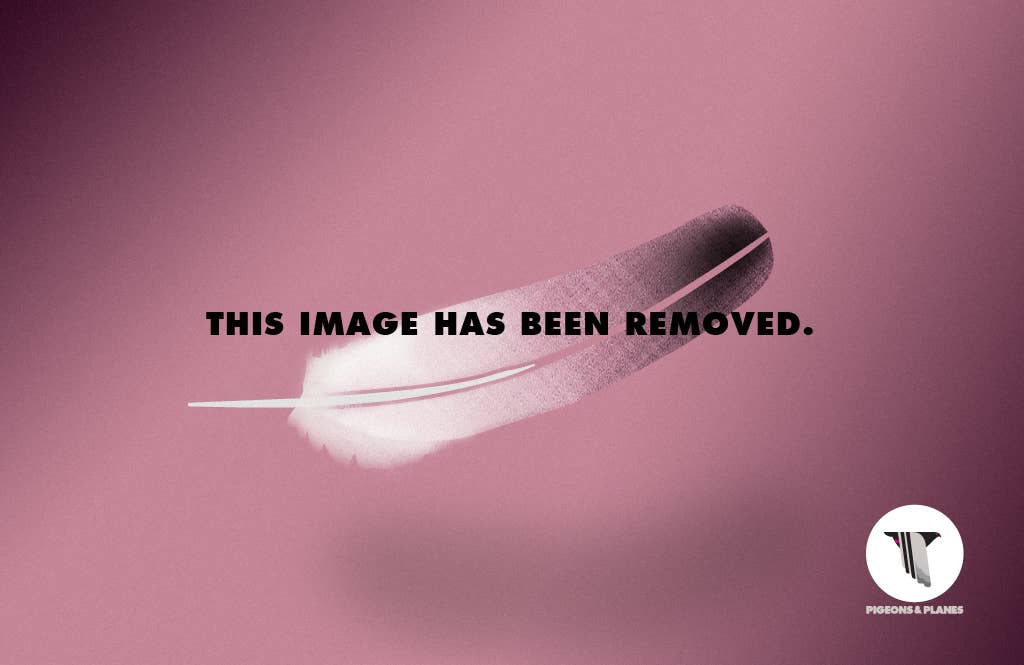1.

By Jon Tanners
I’m only twenty-three years old. I say “only” because, by all but the standards of the impossibly young music stars that dot the wasteland of the blogosphere, I am still young, still fashioning my mind and figuring out where each foot should fall, often not having the slightest clue. My age is for your context: when It Takes A Nation of Millions to Hold Us Back was released, my mother was three months pregnant. I didn’t take my first breath until “Night of the Living Baseheads” had been released as a single in October 1988.
Last week, Austin Cooper, an intern at NPR, wrote his reaction to listening to It Takes A Nation for the first time. The young Mr. Cooper—who I gather is about two years my junior—was not particularly impressed:
“Ultimately, I have no regrets leaving It Takes A Nation on what is now an entirely metaphorical shelf. I’ll gladly say thank-you, but given the choice, I’m going to blast Drake’s infectiously triumphant mp3s every time.”
-Austin Cooper
When I was 17, an impressionable high school junior, I simultaneously discovered It Takes A Nation and Public Enemy’s other masterpiece Fear of a Black Planet. Both left my understanding of Hip-Hop composition sufficiently shattered.
Let’s get Chuck D out of the way first: as other writers lost in my mind’s echoes have noted, Chuck D was blessed with the voice of a god, the booming baritone that imbued every song with that most dreaded of pretentious words, gravitas. Chuck’s raps, though perhaps rhythmically primitive by current standards, are packed with images and references that often require close listens and research to reveal themselves to the uninitiated. Flavor Flav existed to balance the group’s assault, his presence an acknowledgment that comedy is often the best coating for delivering difficult messages.
Though I loved Chuck’s verses as a 17 year-old, my primary fascination with Public Enemy was due to the production of the Bomb Squad. Under the guidance of the brothers Hank and Keith Shocklee, the Bomb Squad crafted the dense, anarchic sounds that turned It Takes a Nation and Black Planet into totalizing statements, with lyrics speaking of rebellion and music mirroring those sentiments. To listen to the Bomb Squad is to hear a riot made melody (or, sometimes, most un-melodic), a musical manifestation of that famous PE phrase: “Fight the power!” Put simply, we don’t remember Public Enemy as one of the all-time legendary Hip-Hop groups if not for the Bomb Squad’s production.
From this angle, I’d like to argue for the importance and greatness of It Takes A Nation (yes, I know it’s already one of the most critically acclaimed albums of all time, but few of those critics are my contemporaries in age). In 1988, sampling was still largely a primitive practice. While inventive DJ’s and producers like Marley Marl stitched together a variety of source material to set the standards of sampled Hip-Hop, their beats often sound like sonic Frankensteins, bursting at the seams. 1988 forms an unofficial line of demarcation, the year that It Takes A Nation and N.W.A.’s similarly dense Straight Outta Compton came out and raised expectations for the possibilities of sampling.
In the case of Public Enemy, samples take on new life, flying across thickly layered breakbeats at an often furious pace—“Fight The Power” and “Night of the Living Baseheads” are almost impossible to apprehend fully on first listen (don’t believe me? here’s the list of samples in “Baseheads”). With a Bomb Squad beat, the goal appears always to create unearthly sounds from familiar sources, warping a James Brown shout into an inhuman caterwaul offset by shrieking saxophones that could very well be boiling kettles or sirens. As Hank Shocklee noted in an interview with now defunct Scratch magazine, he would often stomp on records used for sampling if they sounded too “clean.” Boundaries were being pushed, convention be damned:
“We took whatever was annoying, threw it into a pot, and that’s how we came out with this group. We believed that music is nothing but organized noise. You can take anything—street sounds, us talking, whatever you want—and make it music by organizing it. That’s still our philosophy, to show people that this thing you call music is a lot broader than you think it is.”
Hank Shocklee, Keyboard Magazine, 1990
In his article, Cooper compares Public Enemy to personal favorites like Drake, The-Dream, AraabMuzik, Lunice, and Clams Casino based on the language of preference, ignoring historical significance except as “context to understand how much hip-hop — and I — have changed since our childhoods.” While certainly an accurate perception, it is also a reductive one, diminishing the paradigm shift that accompanied PE’s creative apex.
Between PE, Dr. Dre, and the Dust Brothers (who raised the bar yet again for sample-laden insanity with their production on the Beastie Boys’ Paul’s Boutique in 1989), a new blueprint for the possibilities of sampling was being laid down as the 90s dawned. Without this trio, artists as diverse the RZA, Mobb Deep, El-P, Massive Attack, Dan the Automator and the Chemical Brothers would scarcely exist. Even a producer like Clams Casino—whose music is more about feeling than sonic clarity—can be seen as part of a lineage that places inventiveness and overarching emotion over pristine audio quality. Undoubtedly, similar leaps in production would have been made without PE’s presence (as evidenced by the fact that Dre was experimenting with densely layered soundscapes on the west coast at the same time), but a long strain of modern Hip-Hop owes its roots directly to It Takes A Nation, both in sound and in theory.
I don’t grudge anyone for disliking Public Enemy’s music, dense and difficult as it remains; taste is taste, and it can only be dictated by time, knowledge, and brain chemistry. As we get further from the source and our music choices multiply exponentially, however, it is crucial to remember why certain releases are important, even if we don’t like them. This isn’t some “back in my day” screed against ungrateful young whippersnappers — I’m still 23, after all — but rather a plea to remember that music is almost always more than just recorded sound, and that it’s not totally fair to compare the greats of the past to favorites of the present, especially if that’s the only comparison you’re making. With Public Enemy, it is important to learn from their execution and imagine the possibilities that similar sonic experimentation could hold. It Takes A Nation isn’t simply a reminder that Hip-Hop has evolved, it is a very building block of that evolution, whether you can quickly trace Drake back to it or not.

